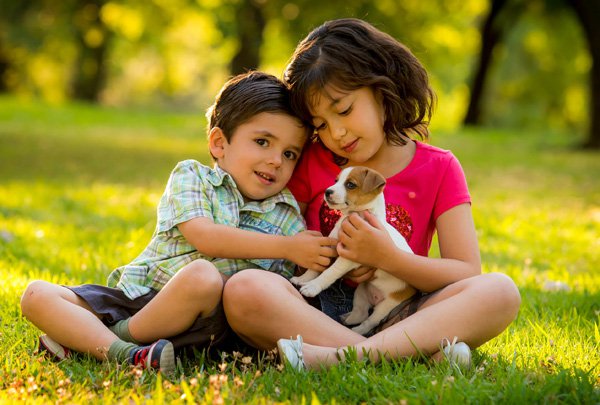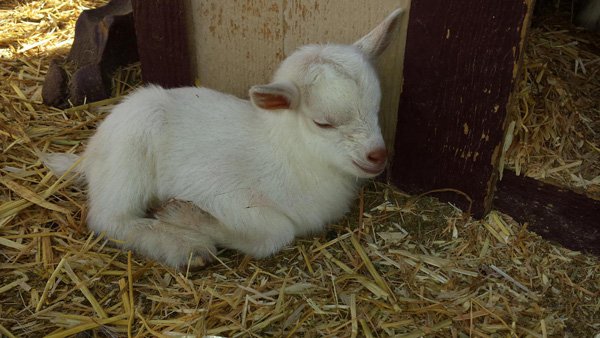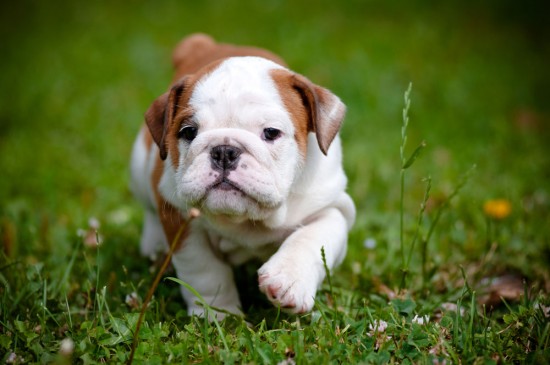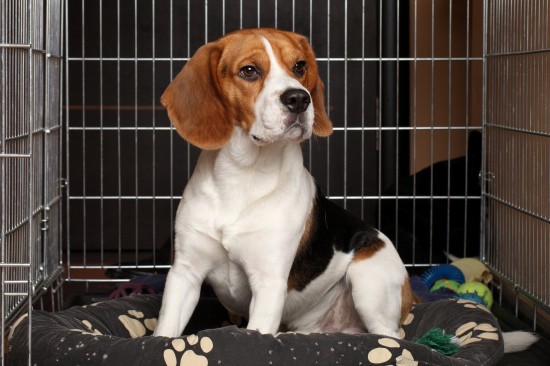
Everyone adores young puppies, but when they start biting it can cause problems, so you will need to stop them biting as soon as possible. Quite a few owners don't understand that this behaviour could lead to issues with dominance and aggression later on in the dog's life, it doesn't matter how adorable it might seem when your pup is rolling around on the floor.
As it is, most puppies learn while they are still young that they should not bite, and stop before it becomes a problem. As most puppies spend the first stages of their lives within a litter, they soon understand that if they bite, they will be bitten back. When a puppy is 8 weeks old, it really should have learnt to not bite. The problem would be that the mother does not always get eight weeks to stop puppy biting.
The First Two Months
If you take home a puppy which is under eight weeks old or that simply failed to understand never to nip and bite at your fingers before getting it, it is advisable to take fast action to avoid the biting behaviour.
First thing's first. Never hit your pup in reaction to the bite. Should they do not think you're playing, they might become frightened of you, developing serious fears and anxieties that can lead to aggression issues later in life.
To seriously stop puppy biting, you need to address the cause of the behaviour. To achieve this, you should encourage any good behaviours and discourage any negative behaviours. Avoid playing games which might cause the puppy to start biting. When you're training puppies not to bite you ought not play games such as tug of war that might cause the puppy to start biting.
Consistency will be really important in training your puppy. You must be strict when training puppies not to bite, do not let them off because they "look cute" or you feel sorry for them. It's all for their own good.
The Training
A variety of courses are available for training puppies not to bite which you should enrol on. The trainers use methods similar to what the puppy's mother would've used so as to show the puppy that biting will not be tolerable. It's also good for your puppy to learn to socialize with other dogs as well. Your puppy is less likely to end up aggressive towards other dogs if it has been around other dogs at this type of training course.
Early, when you attempt to stop puppy biting, direct the behaviour to some thing constructive such as a chew toy or bone. Saying "No!" and giving them something different to chew and bite will make them learn that it is not ok to bite you, but they are allowed to bite the bone or chew toy.
A different strategy is letting the puppy know they have hurt you by making an injured sound. This will reproduce the response a dog receives when it bites its litter mate. A gentle whine or yip will inform the puppy that is responsible for your pain, something it does not want to do. This is usually enough that they'll stop biting you and recognize they have hurt you.燭his is one of the best ways to deal with most Pomeranian problems.
Training to stop puppy biting is a very important section of the relocation process, especially when your puppy is very young. Ideally, your pup should realize that by the time they are 10 weeks old, biting is not okay. It'll make the years to come much less stressful and the risk of potential violence in the long run much lower.
 Clumber Spaniels And Dry Eye
Clumber Spaniels
Clumber Spaniels And Dry Eye
Clumber Spaniels
 What must Your Dog Learn from Dog Training Classes?
What must Your Dog Learn from Dog Training Classes?
What must Your Dog Learn from Dog Training Classes?
What must Your Dog Learn from Dog Training Classes?
 Top Quality Pet Toys Can Be Bought Cheaply
Top Quality Pet Toys Can Be Bought Cheaply
You
Top Quality Pet Toys Can Be Bought Cheaply
Top Quality Pet Toys Can Be Bought Cheaply
You
 Five Dog Myths Exposed, And The Truth Behind Them
Five Dog Myths Ex
Five Dog Myths Exposed, And The Truth Behind Them
Five Dog Myths Ex
 Do You Use A Dog Crate For The Right Reasons?
Do You Use A Dog
Do You Use A Dog Crate For The Right Reasons?
Do You Use A Dog
Copyright © 2005-2016 Pet Information All Rights Reserved
Contact us: www162date@outlook.com